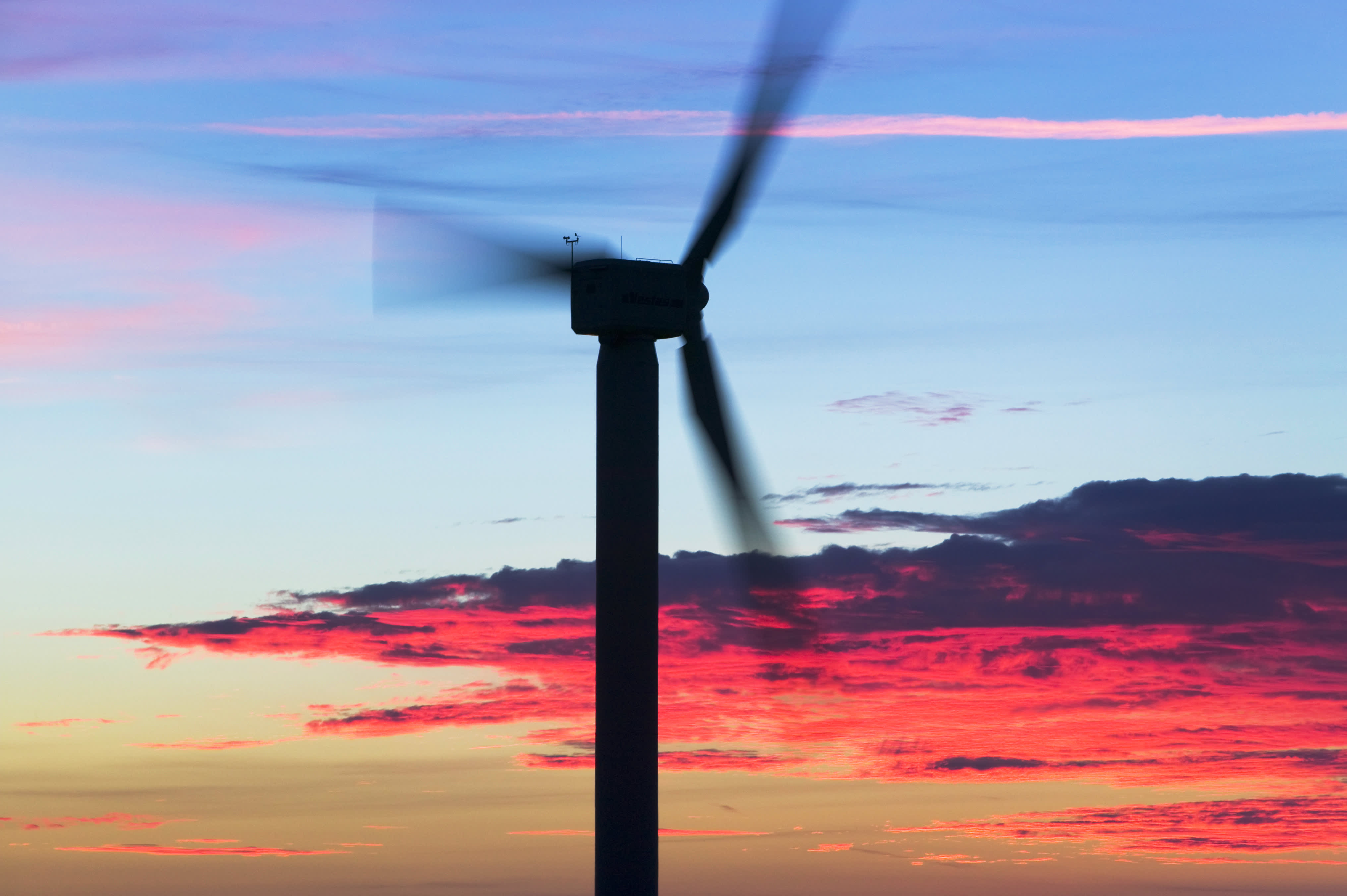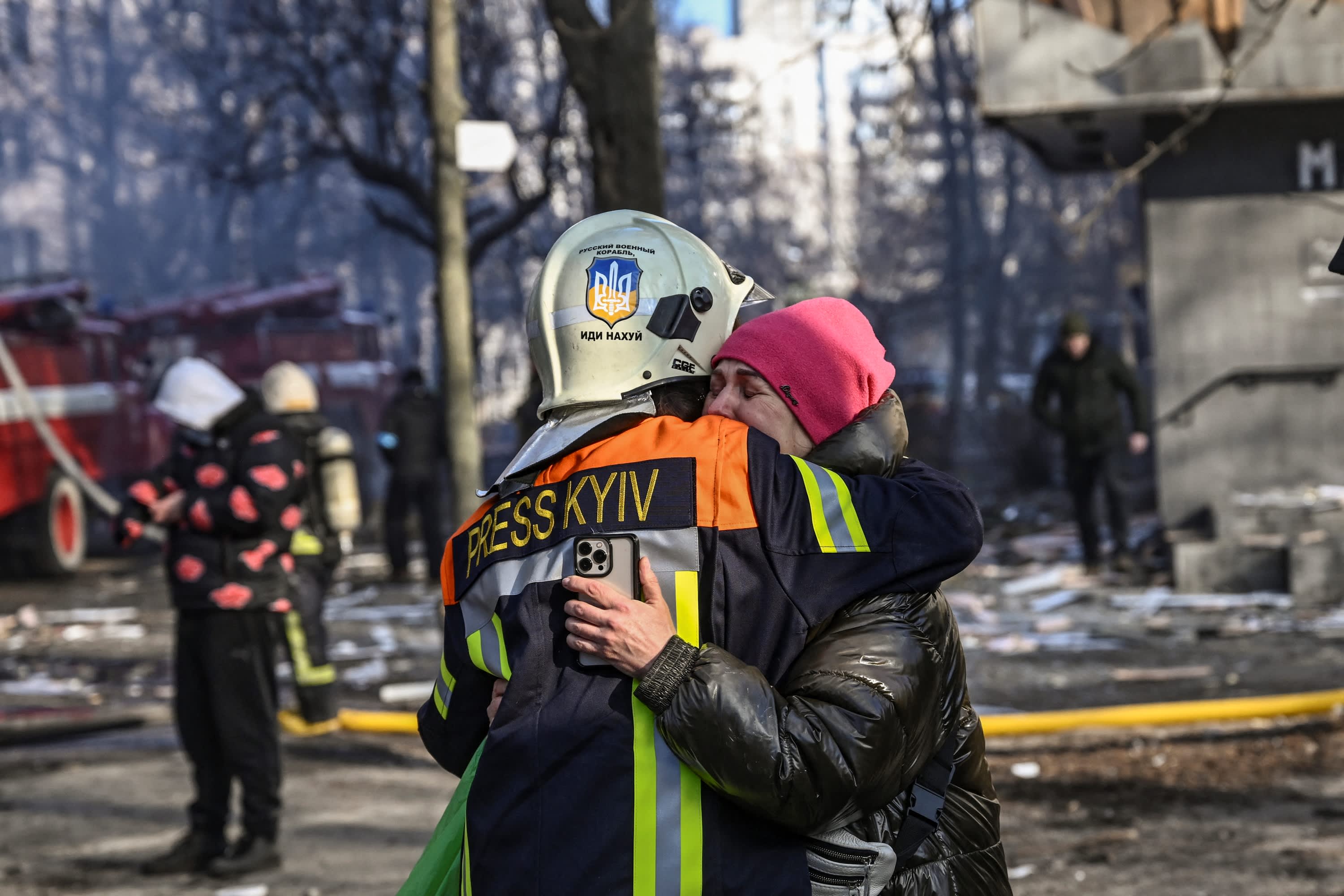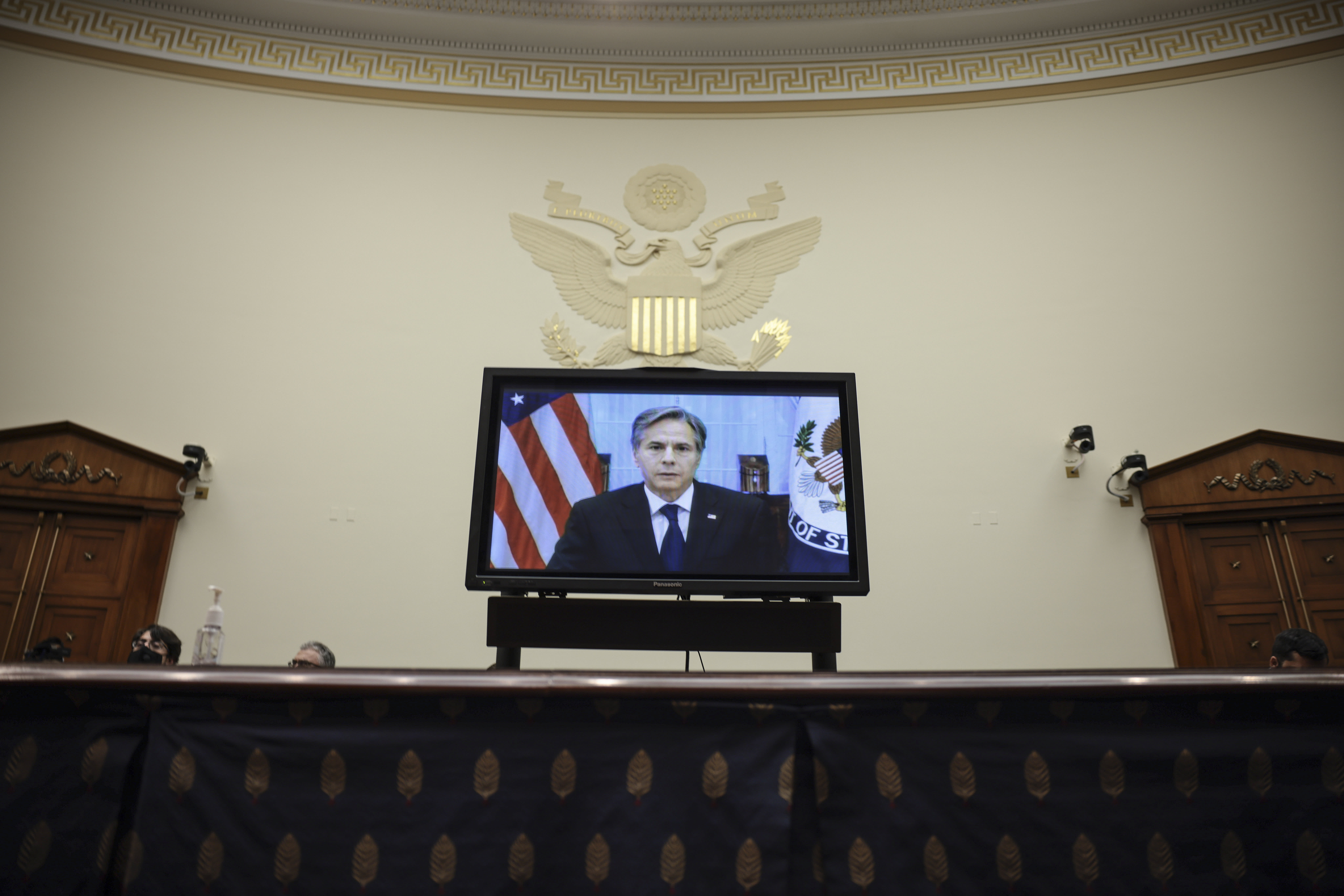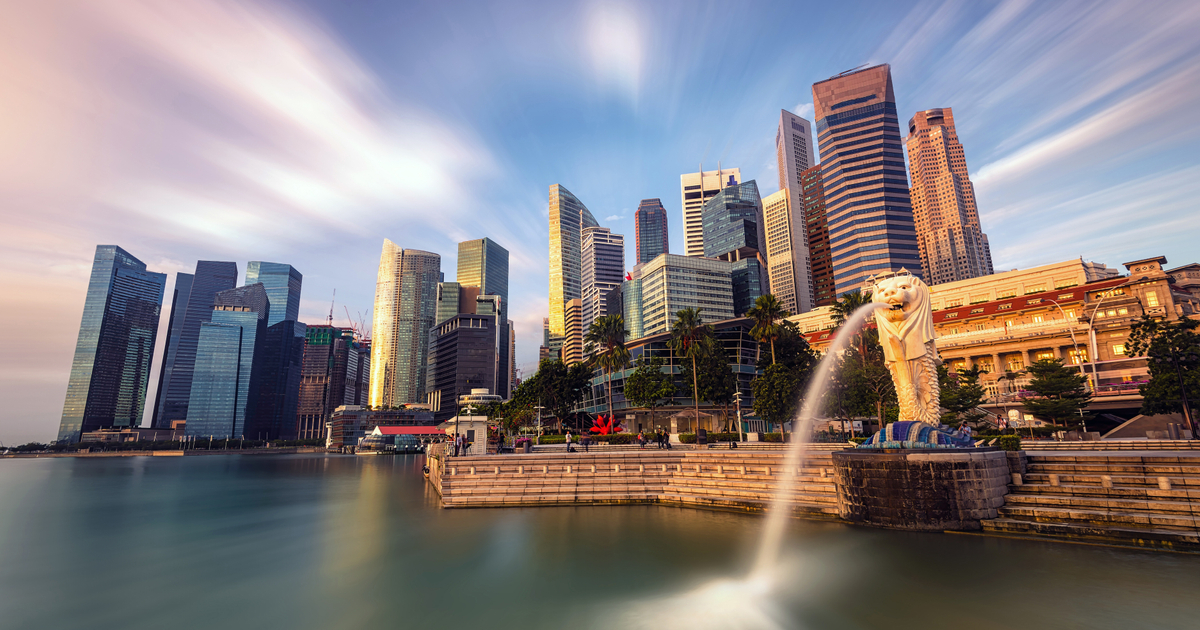Energy CEO calls out Europe's 'foolish' dependence on natural gas
Francesco Starace was speaking to CNBC at the Ambrosetti Forum in Italy.
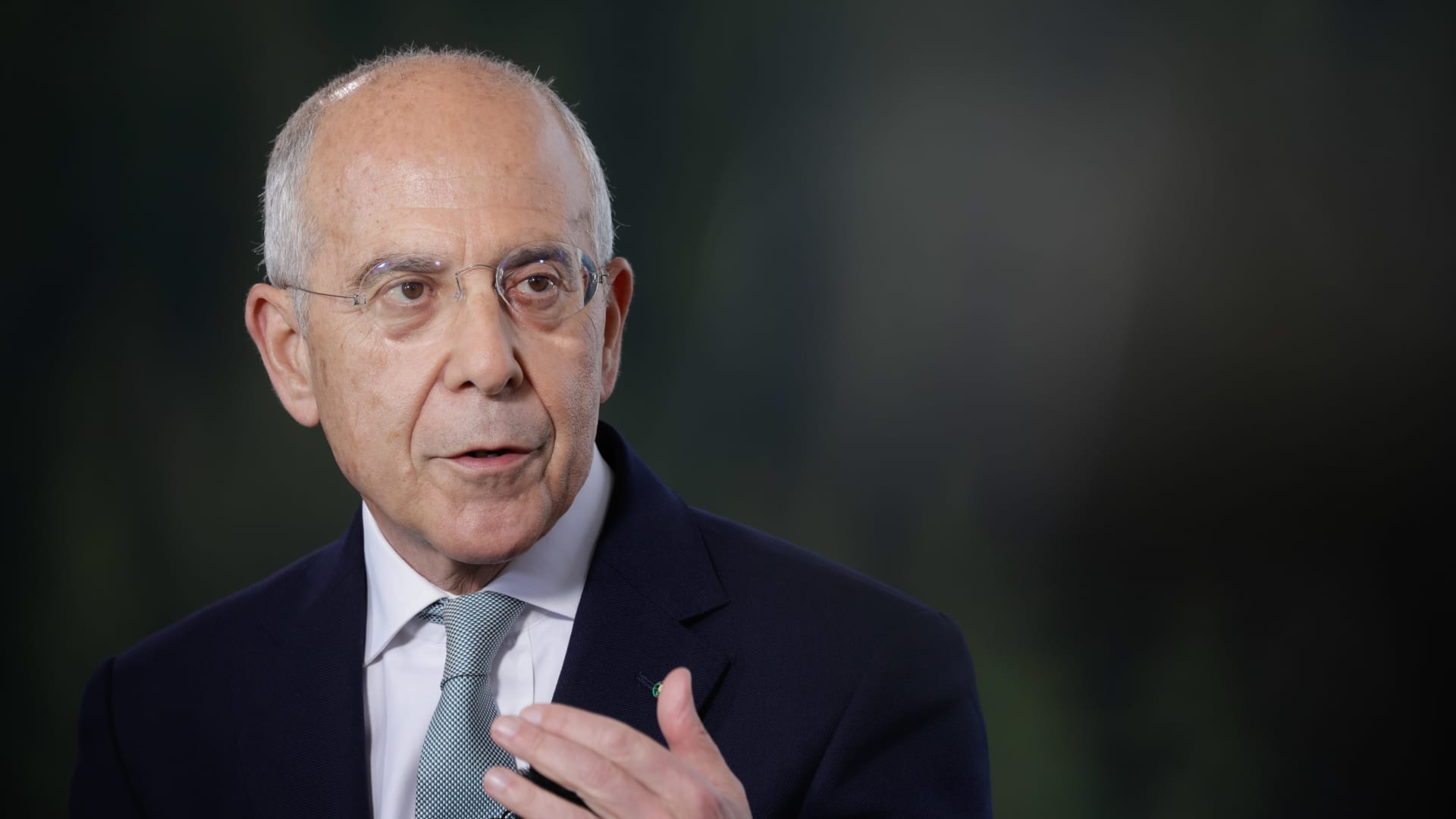
Enel's Francesco Starace photographed during the World Economic Forum in Switzerland on May 24, 2022. During an interview with CNBC on Friday, Starace said dependence on gas was "foolish."
Jason Alden | Bloomberg | Getty Images
The CEO of Italian energy firm Enel told CNBC Friday that Europe's dependence on natural gas was "foolish" and argued that a reduced reliance on fossil fuels represented a better option in the long run.
"I think we have finally understood how hooked we were on gas, how foolish this dependence is, and how we can fix this," Francesco Starace, who was speaking to CNBC's Steve Sedgwick, said.
During an interview at the Ambrosetti Forum in Italy it was put to Starace that, in some people's view, oil and gas would be key for energy over the next 25 years, a contention he disputed.
"I totally disagree, because this is a view that is coming from, say, 15 years ago," he said. "Was that wrong at that time? No, it was not. Now it's wrong."
"The economy can work much better, relying much less on fossil fuels, than people think," he went on to add. "It will take maybe another two years before everybody understands that — but we are there."
Read more about energy from CNBC Pro
Despite this optimism about the future, today's reality on the ground is hugely challenging.
The current situation in Europe, where many countries are attempting to wean themselves off Russian energy following the Kremlin's invasion of Ukraine, illustrates the crucial role fossil fuels still play in society.
With colder months closing in, European nations have been looking to shore up gas storage in a bid to ensure security of supply.
Looking ahead, Enel's Starace expressed confidence Europe had prepared for the coming winter.
"Insofar as storage is concerned, Europe … did the right thing," he said, noting that most countries were "pretty full."
"Now, the question is what happens if gas is cut altogether from Russia," Starace went on to state. "Well, we're almost there, the cut is actually almost there."
"We have a view, and there are many studies showing that with some sacrifices, [such as] two notches of temperature down, and a little bit of attention to gas consumptions … Europe can make it through the wintertime."
"The question is when we get to the spring [of] 2023 with totally depleted, really, reserves, and gas is still not flowing," he said.
"Is Europe able to re-establish the storage, with all the backup of floating regasifiers and energy coming from other parts of the world? I think that's going to be the big challenge."
The Enel Group — whose main shareholder is the Italian Ministry of Economy and Finance — has said it will abandon gas generation by 2040. It also plans to leave the retail gas market in 2040.
European concerns
Starace's comments came on the same day that the EU's climate chief, Frans Timmermans, hammered home the urgency of the situation facing European economies in the face of rising energy prices and concerns about supply.
"We need to do everything we can to face this energy crisis and to make sure that we do everything we can to reduce the prices so that our citizens can still afford to heat their homes this winter," Timmermans, who was speaking to CNBC's Silvia Amaro at an event in Bali, Indonesia, said.
He also stressed the importance of member states being "in a position to address the issue of windfall profits, if necessary."
"So we'll try everything to make sure that our energy markets are functioning, and are functioning in a way that addresses the issues that we need to tackle."
Timmermans was asked if "doing everything" meant the EU agreeing, in the short term, to imposing caps on the price of gas and electricity.
"Well, nothing's off the table right now," he replied. "We're preparing all of that, but we have to make sure that what we do doesn't create more damage than it helps us address the issue."
"So we have to be extremely careful. It took us 30 years to build the energy markets, so we need to make sure we address today's issue without creating long term problems."

 Lynk
Lynk 







